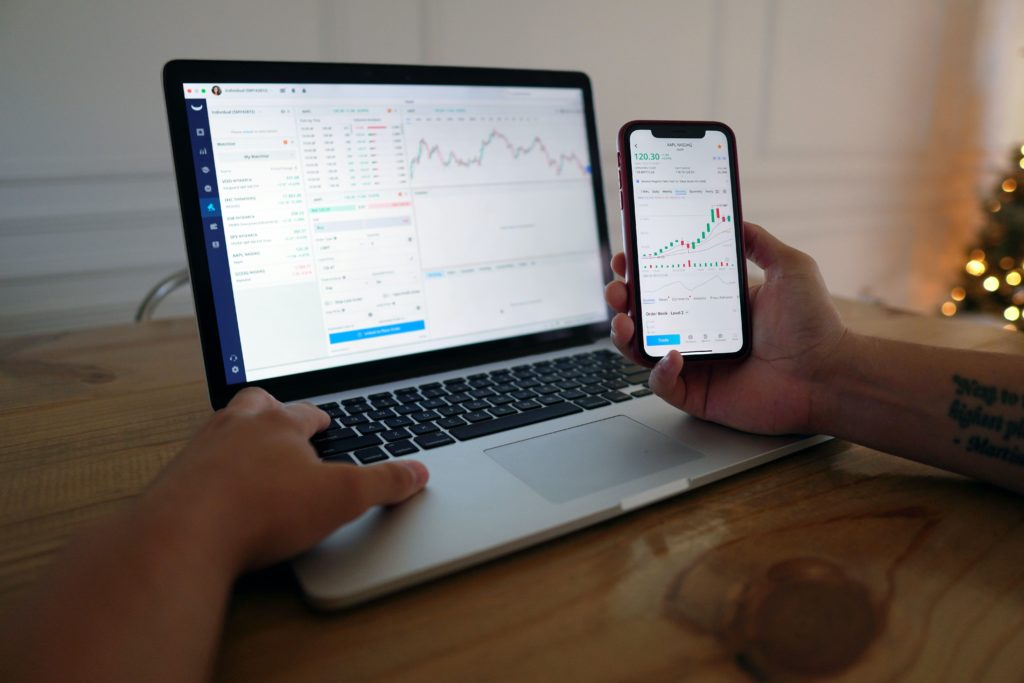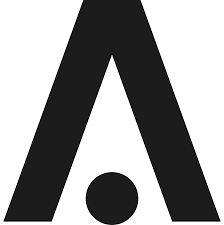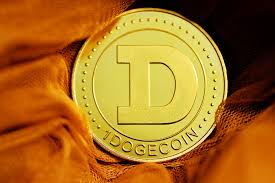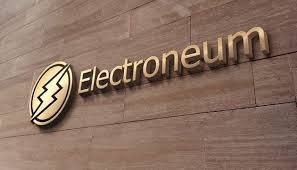Have you decided to invest in securities? That means you need a broker: according to the law, you cannot trade on an exchange without an intermediary. Transactions can only be concluded by legal entities that have a brokerage license – banks, investment, and brokerage companies. We will tell you how to choose a reliable and suitable broker.

What does a broker do?
The broker executes orders for the conclusion of transactions on the exchange, calculates and transfers income taxes, and prepares reports on operations and movement of funds. The broker also can develop investment and trading strategies, forms asset portfolios, and offers the services of a personal finance consultant.
What do you expect from a broker?
Think about why you need a broker except for formal access to the exchange. Do you want to invest for a long time or engage in trading? Are you going to manage assets on your own or give them to a trustee, forgetting about the hassle? What will you invest in and what markets will you enter? It is better to choose a broker with a clear understanding of your goals.
What to learn and what to check when choosing a broker?
License
First of all, check-in the directory whether the broker has a license as a professional participant in the securities market. If not, it’s a scammer. Make sure that the name of the company in the register exactly matches the one specified by the broker in the contract. It may turn out that the broker offers you to sign an agreement with a “partner” foreign company, which has almost the same name. It is risky to agree to such an offer. If you conclude an agreement with a foreign broker and he violates your rights, you will have to defend your interests in the country where he is registered. The local regulator, police, and court cannot help you.
Financial performance
Check out the list of the largest brokers. Large trading volumes do not guarantee you complete peace of mind, but it means that the company has many clients who can trust it with significant capital.
Reputation
Study the broker’s website, and read customer reviews on the Internet. Check out the history of the company, and whether its name was associated with financial scandals. Search financial news – you might hear something interesting about your potential broker.
Risks
Before signing an agreement with a broker, read the risk notice. This document describes in detail why you can lose money trading on the securities market.
Conditions
Study the terms and conditions of brokerage carefully. Pay attention to the details: commissions, terms of money transfer, interest on loans – if you plan to buy securities at the expense of a broker. Find out if the broker can use your money and securities for their purposes. Find out how much commissions will grow if you forbid him to do it.
Commission
All brokers charge a commission for their services. This can be a commission per trade or a monthly subscription fee. Many brokers have a minimum amount of remuneration per day or month (for example, at least 35 rubles per day). The exchange also takes its percentage – check if it is included in the commission declared by the broker, or if you still have to pay in excess.
At the start of an investor’s career, while you do not know the volume and number of transactions, it is difficult to determine all the needs and find the optimal tariff. Do not look for a broker with the lowest commissions, it is better to focus on a reliable intermediary, and the tariff can be changed if it does not fit.
Training
If you decide to trade on your own, you have to learn. Some brokers offer free training: webinars, training videos, and step-by-step instructions. You usually get access to them if you become a client and open a brokerage account. There are paid courses, the accompaniment of an experienced mentor, and financial advice – explore all the possibilities that your potential broker offers. It is good if the broker’s trading program has a demo mode. You register on the broker’s website and receive by mail links to download the trading program and keys (digital security files) for installation. Install the program and try yourself as an investor without opening an account. You will not trade with real money, but in a test mode in order to understand without unnecessary risk how the exchange trading works.
An agreement with a broker is not a lifetime contract, you can always change a broker if you are not satisfied with it.











